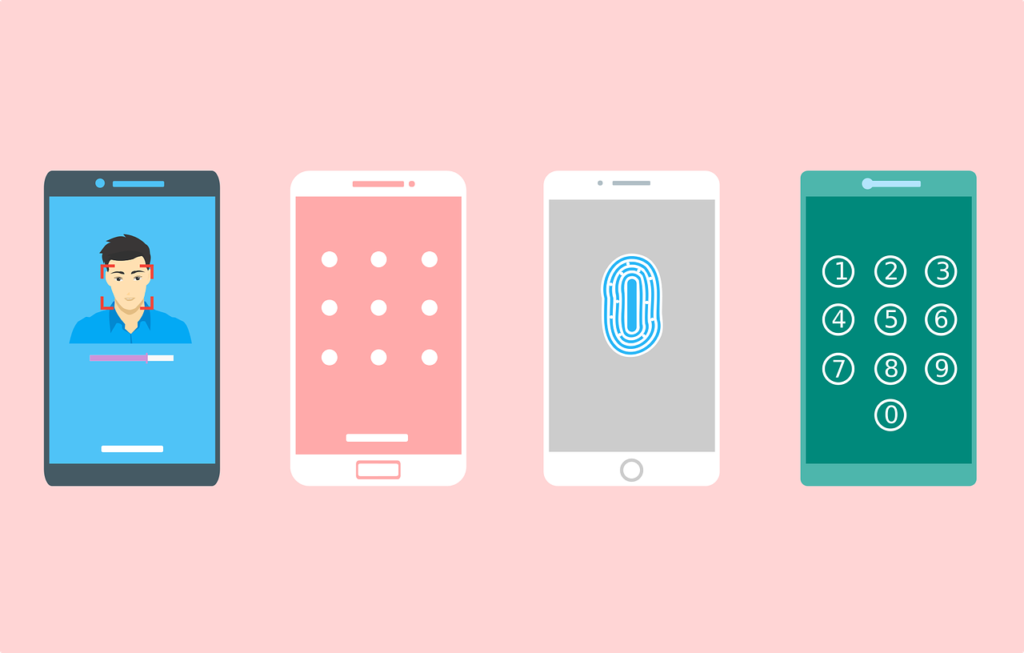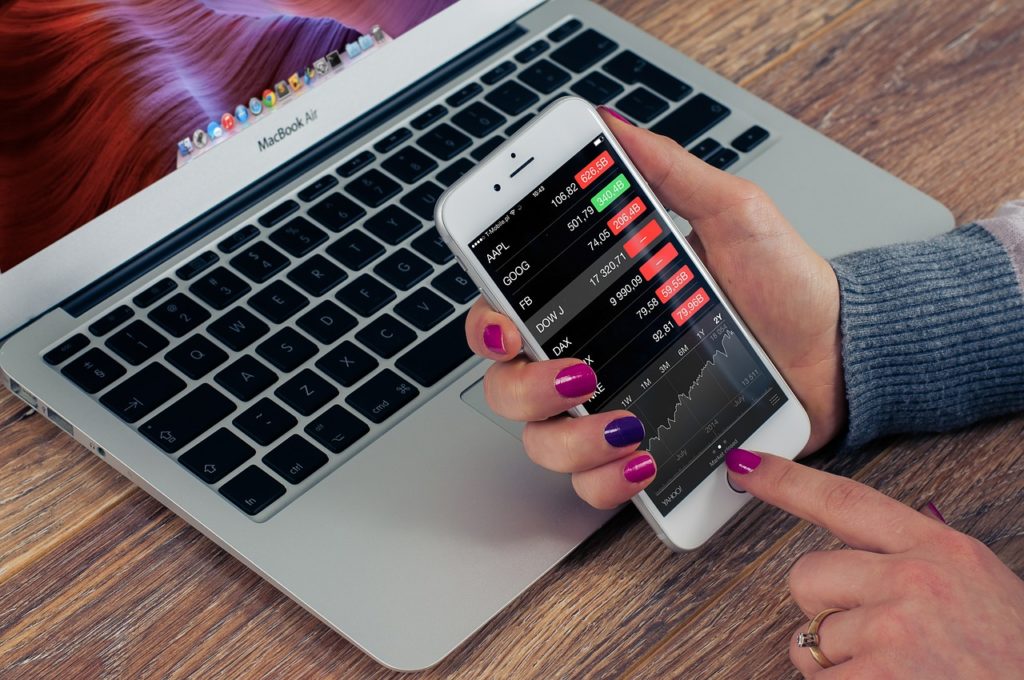Given the amount of sensitive personal information that we store on and send from our smartphones today—everything from e-mails to bank details to contact information—proper smartphone security is more important than ever. And yet, an alarming number of smartphone users are still making basic mistakes when it comes to security and privacy.
Is your smartphone as secure as it should be? Read on to make sure that you’re not making these elementary smartphone mistakes.
-
Not auto-locking your phone.
Setting up a PIN, password, or pattern to protect your phone is one of the easiest things you can do to prevent unauthorized access, and yet an astonishing number of smartphone users don’t use any kind of lock-screen protection. Yes, it’s not quite as convenient to enter a code every time you want to use your phone, and yes, a four-digit PIN won’t keep out a truly determined hacker. However, in the event that your phone is lost or stolen, a password-protected lock screen buys you valuable time to remotely wipe or track your phone before anyone has the chance to crack it. It’s also a helpful way to protect your privacy from people, such as your co-workers, who might want to take a casual peek at your phone while you’re away from your desk.
For the most effective protection, be sure to set your phone to auto-lock after the minimum possible amount of idle time. This will vary depending on whether you’re an iOS or Android user. And if repeatedly entering a PIN becomes too irritating, many phones will allow you to disable the lock screen function when your phone is within reach of a trusted network, like your home Wi-Fi connection.

-
Not keeping your OS and apps up-to-date.
Don’t ignore those “update available” notifications you keep getting! These are important messages from smartphone manufacturers and app developers signaling that they have made improvements to functionality and have addressed previously identified security gaps. Be sure you have these notifications turned on, and get into the habit of accepting updates as soon as they are issued. Running outdated operating systems or apps could make it easier for hackers to access your system by exploiting older vulnerabilities.
-
Using public Wi-Fi networks.
Public Wi-Fi networks may be convenient, but because they are usually unsecured, they can expose you to all kinds of risks. Anyone connected to the same network can fairly easily view your activity and access any personal or sensitive data you send using that network. In general, it’s best to use the mobile data plan from your service provider for online activity when you’re out and about.
You can also stay extra-secure by turning off your auto-discover function to prevent your device from automatically connecting to any open Wi-Fi networks it might locate. If you must use public Wi-Fi, avoid sending any personal information (like contact details or financial information), and set your phone to “forget” the network as soon as you disconnect. This will prevent automatic reconnection next time you’re near the network.
-
Not logging out of apps that store financial information.
If you stay logged into any shopping or banking apps on your smartphone, like Amazon or eBay, you’re basically handing your credit card to anyone who can access your system. This is an especially dangerous mistake if you don’t use a password-protected lock screen. Get in the habit of logging out of these apps each and every time you use them, and uncheck any boxes that ask if you want to save your username and password. It’s also a good idea to regularly clear your browser’s history to get rid of any sensitive cached information.

-
Not using antivirus software.
They may be called smart “phones,” but these devices are really powerful computers in miniature. As such, they are prone to the same malware risks that can plague desktop computers. A 2012 report published in the Journal of Information Systems Technology and Planning revealed that less than 4% of smartphones featured pre-installed security software. Unfortunately, the number of smartphone users who take the time to install their own antivirus and other security software is equally small. However, this is a very important step to take, not only to protect the smartphone itself, but also to prevent any viruses that might affect the smartphone from being transferred to a desktop computer via a USB connection.
-
Storing too much sensitive information on your phone.
It’s an increasingly popular practice for smartphone users to keep a record of bank PINs, website login passwords, and even Social Security numbers on their devices—after all, the smartphone fills the role of notebook for most people today. But even if you think you’ve covered your tracks by storing your PIN as a phone number, for example, it’s not usually a difficult code to crack. Limit your exposure and store this vital information elsewhere.

